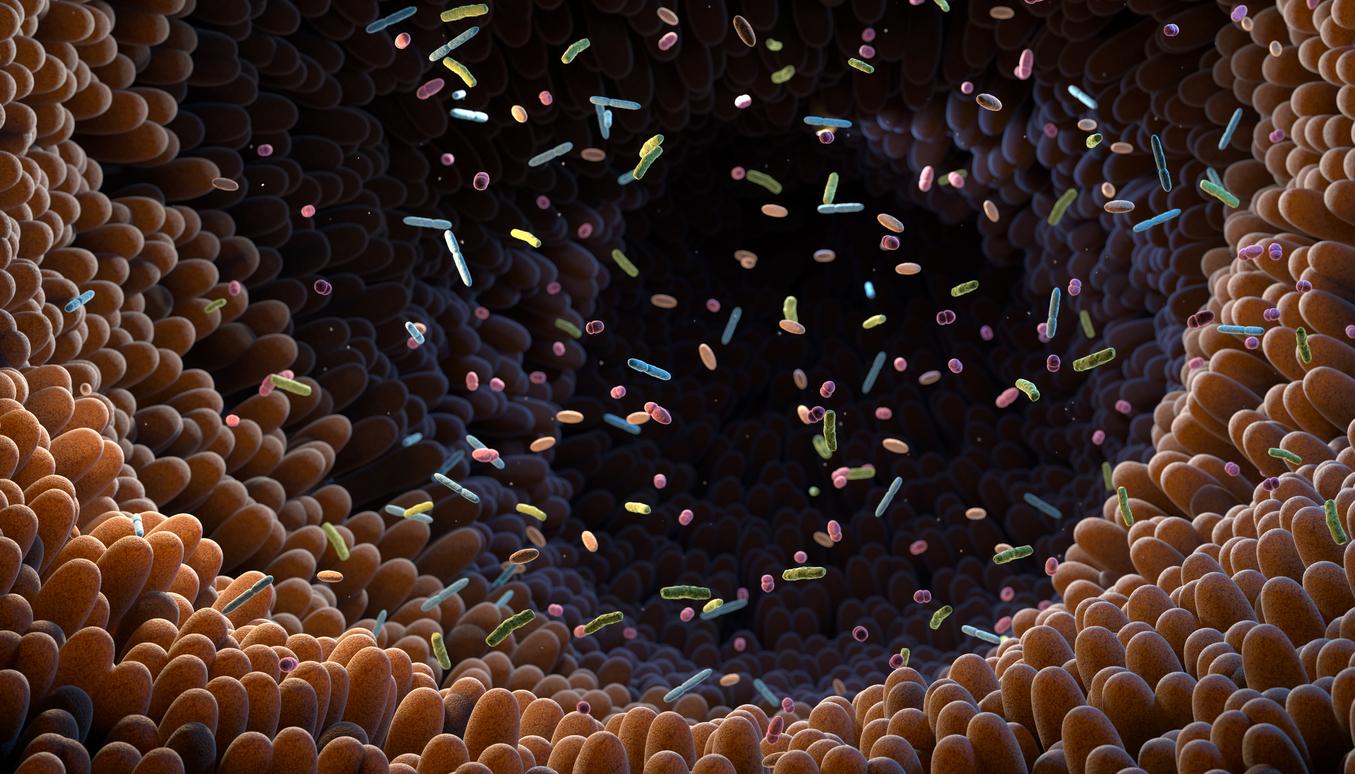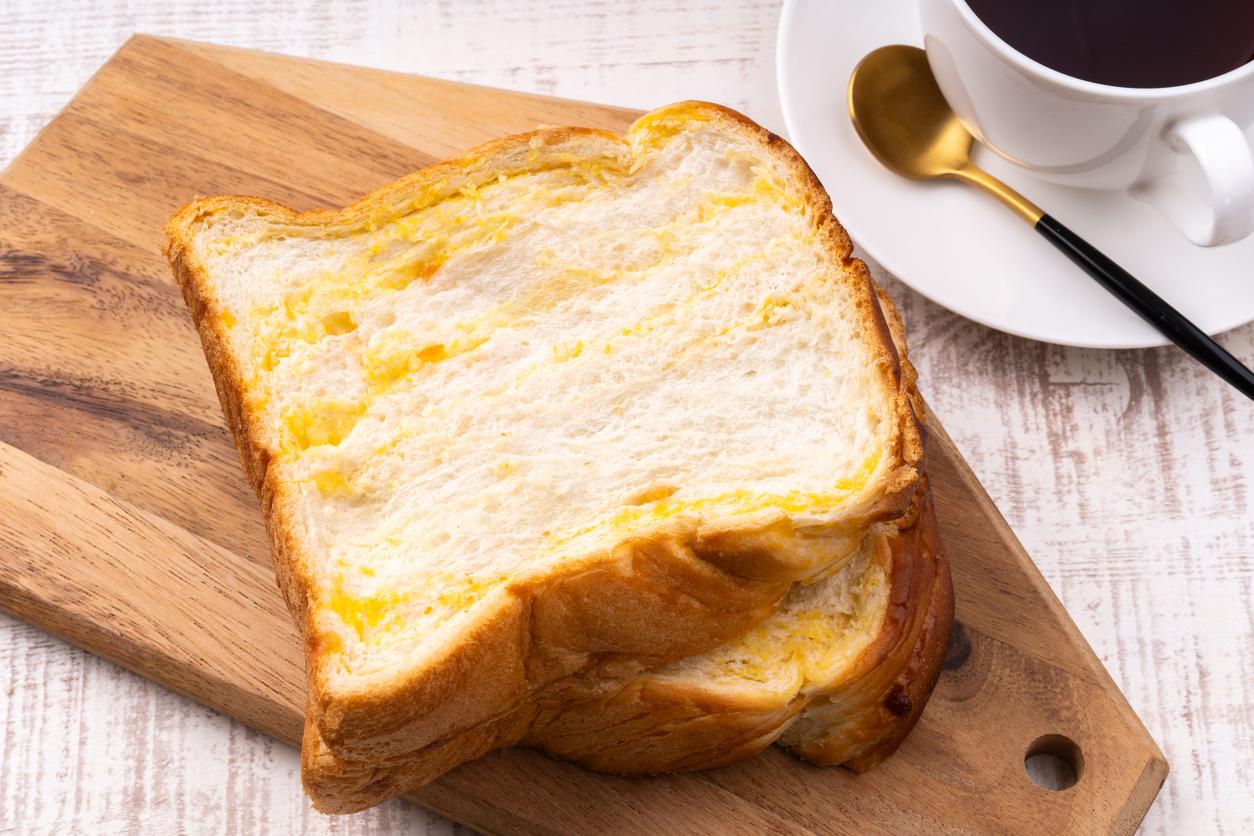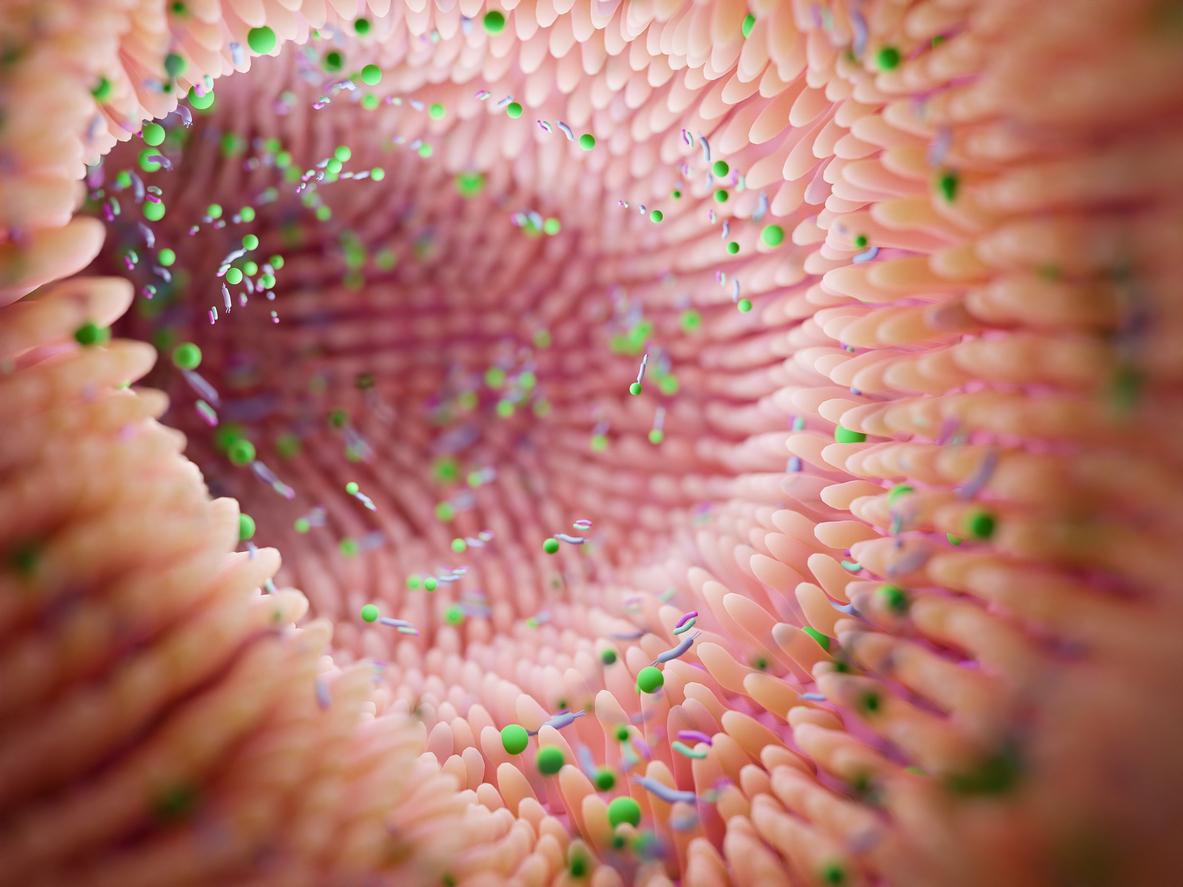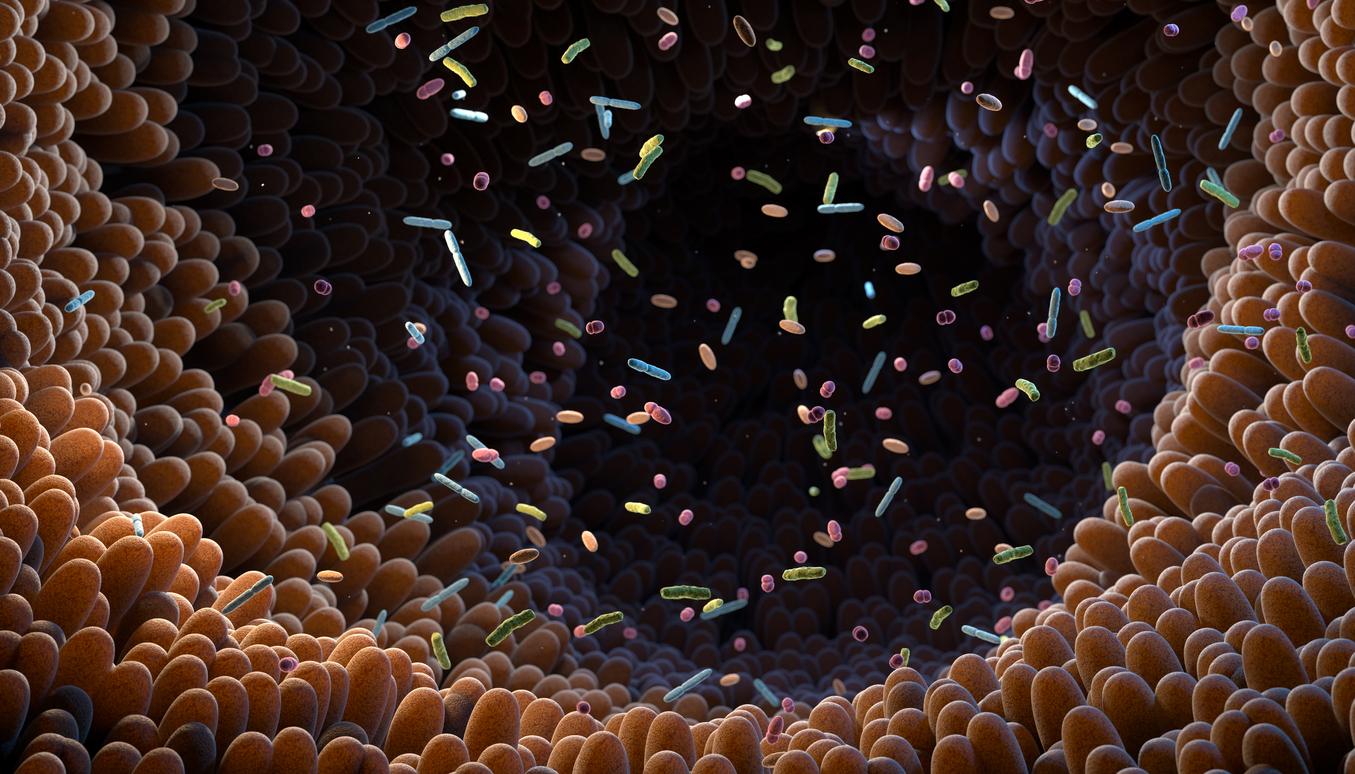A new study confirms the major benefit of plant fibers in maintaining the good bacteria in our intestinal microbiome and thus good general health.

- To digest properly, our intestines above all need cellulose, a very resistant dietary fiber which lines the cell walls of plants. Discovered a few decades ago, intestinal bacteria capable of digesting cellulose all belong to the genus Ruminococcus.
- By analyzing the intestinal microbiota of humans from different eras and regions of the world, researchers were able to observe that these bacteria, “at the top of the fiber degradation chain”, were abundant among ancient human societies, but rare among populations of our industrialized societies, due to lack of a sufficiently plant-based diet.
- Deprived of plant fibers, Ruminococcus bacteria decrease in number in the microbiota, which leads to more difficult digestion of fibers, and therefore to overall poorer metabolic health.
“Throughout human evolution, fiber has always been a mainstay of the human diet because it keeps our gut microbiome healthy. It was a main component of the diet of our primate ancestors.”
Conversely, our modern diets are sorely lacking, and according to a new study published in the journal Science, This fiber deficit could well change the way our intestines digest plants and affect our general well-being.
Microbiome bacteria capable of digesting cellulose
To digest properly, our intestines above all need cellulose, a very resistant dietary fiber which lines the cell walls of plants. “But it is not an easy task to degrade cellulose, few bacteria can do it”explain in a communicated the researchers behind the work. Discovered a few decades ago, intestinal bacteria capable of digesting cellulose all belong to the genus Ruminococcus. “These degrade cellulose by producing large extracellular protein complexes called cellulosomes, which transform the fibers into sugars that nourish an entire community of microorganisms, they add. A tremendous feat of engineering.”
However, by using stool samples to analyze the intestinal microbiota of humans from different eras and regions of the world, the international team of scientists was able to observe that these bacteria Ruminococcus, “at the top of the fiber degradation chain”, were abundant among ancient human societies, hunter-gatherer communities and even rural populations. On the other hand, she discovered that these “good” bacteria “are lost”, in other words “rare or missing” in the intestinal flora of populations in our industrialized societies, due to lack of a sufficiently plant-based diet.
A lack of microbial diversity which leads to more difficult fiber digestion
Result of this evolution, a vicious circle: deprived of plant fibers, bacteria Ruminococcus decrease in number in the microbiota, which leads to more difficult fiber digestion, and therefore to overall poorer metabolic health. “How can we combat this evolutionary decline and reintroduce this species of bacteria into the human gut? Probably follow what doctors and nutritionists have been recommending for decades: eat more fiber!”conclude the authors of the study.
















